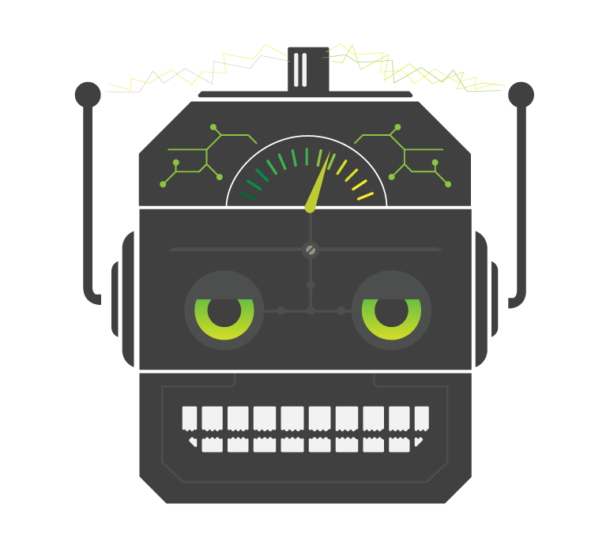
DPL Reading List – January 25, 2019
Here are some of the new and interesting articles we found this week.
SurveyMonkey’s CEO on Creating a Culture of Curiosity – “Leaders need to find ways to help employees flex their curiosity. We want people to ask big questions—and we want to celebrate them when they do. We want them to think up experiments that haven’t been done before. If folks aren’t failing, they’re not asking hard enough questions or taking big enough risks. Curiosity can be like a muscle: Its strength will erode if it isn’t used often enough. When curiosity ebbs, people lapse into routine and complacency, which exposes a company to disruption.”
Why it’s good for you to be wrong – “Being wrong is the key to success in a world that’s operating on the edge of uncertainty, says Gregersen. “It’s unnerving and fearful for so many people,” he says. “But that’s the way to get to an answer no one thought about. It’s counterintuitive. We want to race to solve something when confronted with challenge. Instead, step back and create conditions that make you wrong. The questions will surface and unlock the window of an answer that otherwise would not have come.””
Alan R. Pearlman, Synthesizer Pioneer, Dies at 93 – “ARP’s analog synthesizers — particularly the compact, portable ARP Odyssey, introduced in 1972 — grew ubiquitous in pop and electronic music. By the mid-1970s, ARP was the leading synthesizer manufacturer, commanding 40 percent of the market and outselling its predecessors and competitors, Moog and Buchla. ARP sounds were central to numerous songs, including Edgar Winter’s “Frankenstein,” Herbie Hancock’s “Chameleon,” Kraftwerk’s “The Robots,” Underworld’s “Rez,” Nine Inch Nails’ “The Hand That Feeds” and the early-1980s version of the theme to the television series “Doctor Who.””
How a Business Leader Can Think Like a Futurist – “Even a year can feel like a lifetime away, especially when it’s hard to predict what will happen in the next quarter. But futurists, people who think and write about what’s to come, advise that CEOs need to be thinking years or even decades down the road.”
The Best Leaders Aren’t Afraid to Ask for Help – “As a leader who advocates vulnerability as a strength, I am surprised to realize that I have, somehow, bought into the notion that I need to be super-human and that any weakness diminishes my leadership. In fact, I see clearly now that it is precisely the opposite.”
Does Multitasking Really Tire Out My Brain? – “Returning to that 2009 Brain Research study, those experimenters found that even after two hours spent on an arduous task-switching activity, participants were able to improve when they were offered money as a reward. In other words, their drop-off in performance was due to a lack of motivation — not brain exhaustion.”
You can’t be productive without routines and rituals. Here’s why – “Days have a funny way of slipping past without us even realizing it. And while routines help us feel in control of our time, rituals make sure we stick to our plans. Sometimes it’s the simplest actions that help us get through the day and stay motivated.”



